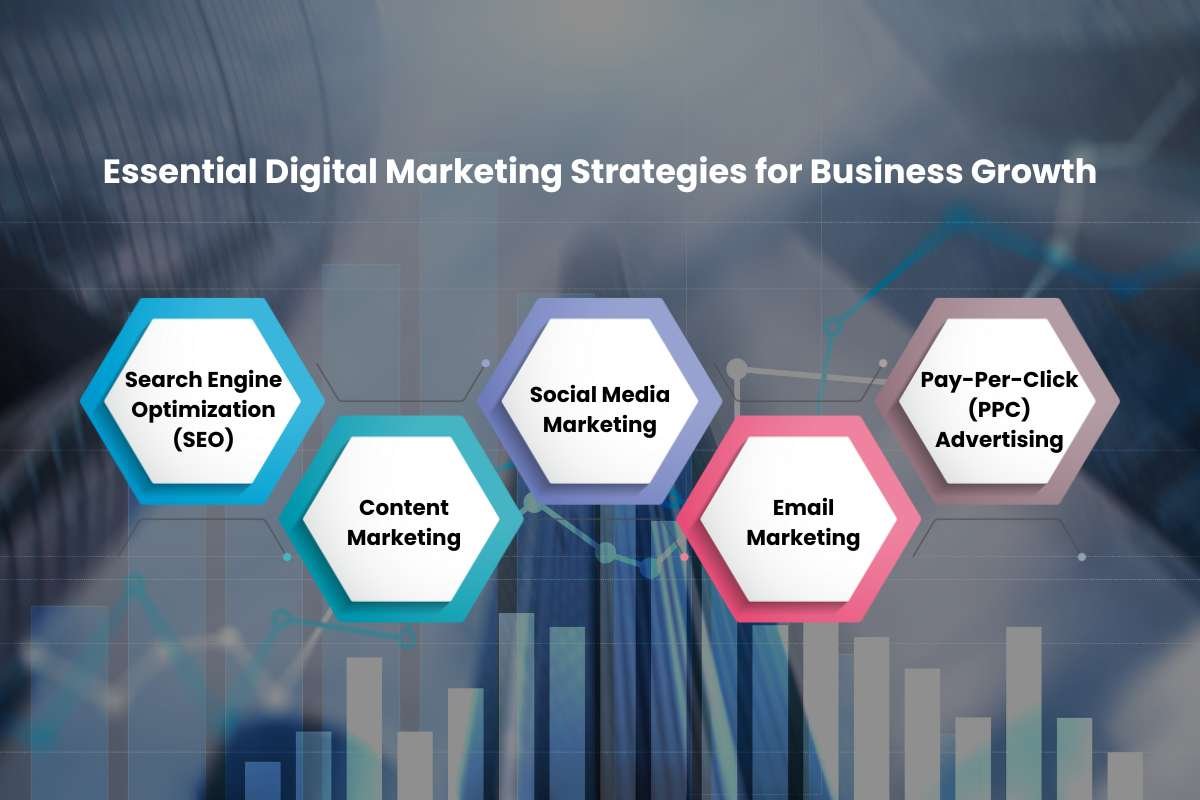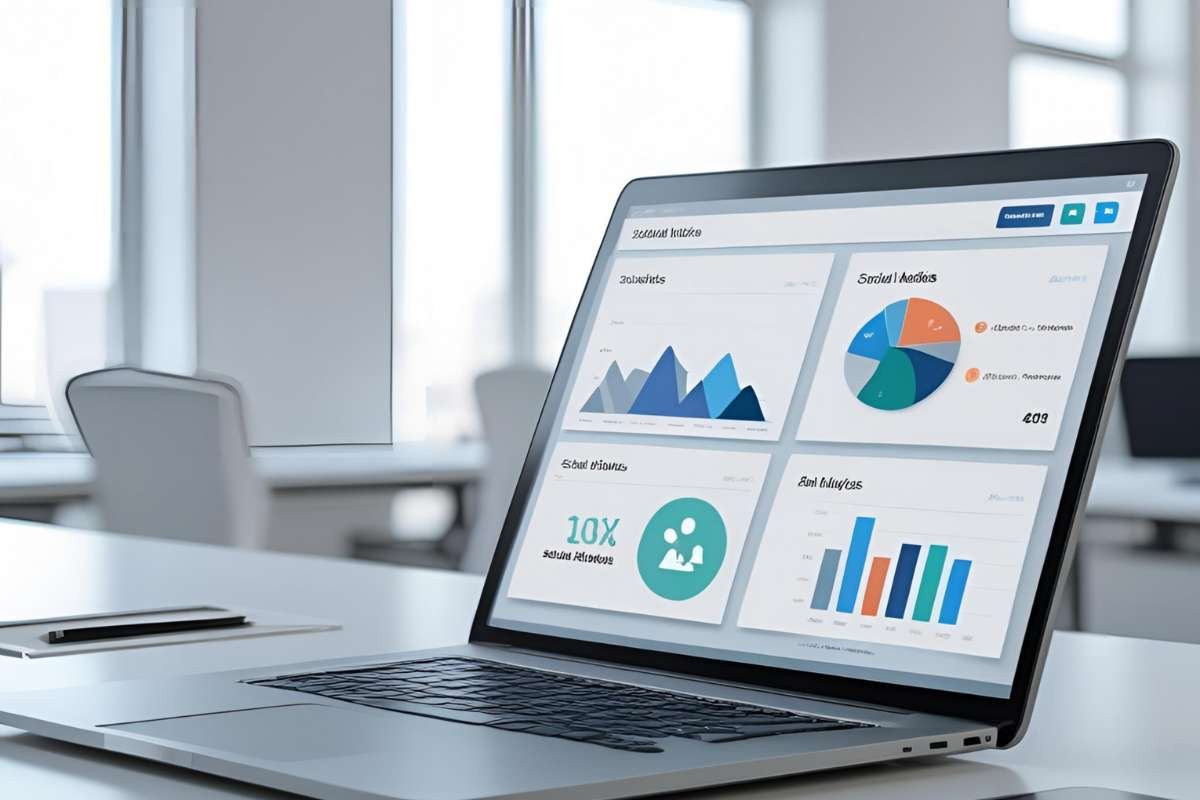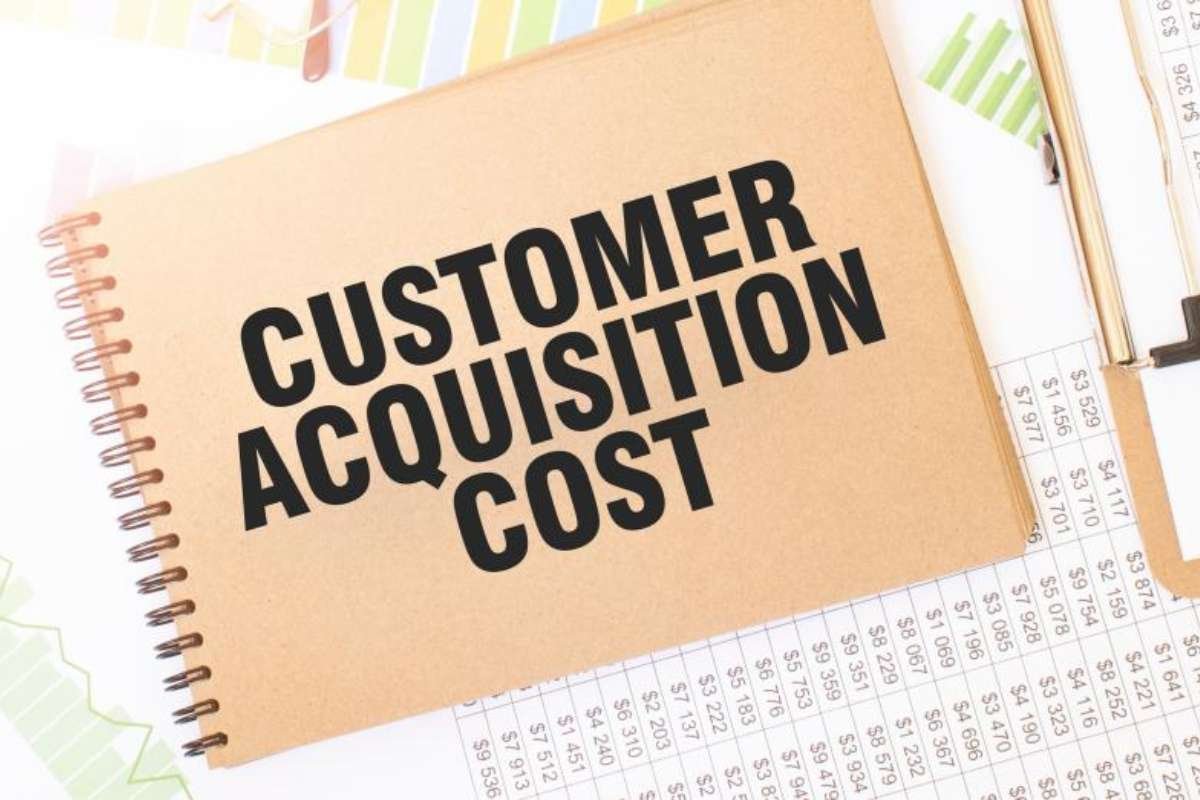Digital marketing has transformed how businesses connect with customers and drive growth in today’s competitive market. Companies embracing comprehensive digital marketing for business growth strategies see remarkable revenue, customer acquisition, and market position improvements. The shift toward online consumer behavior makes digital marketing essential for businesses seeking sustainable success.
Modern businesses cannot rely solely on traditional marketing methods to reach their target audiences effectively. Digital marketing for business growth offers cost-effective solutions that provide measurable results, precise targeting capabilities, and global reach opportunities. Companies implementing well-planned digital strategies report significant improvements in lead generation, customer engagement, and overall profitability.
The digital marketing industry continues to expand rapidly, with global spending expected to reach $786.2 billion by 2026. This growth reflects businesses’ increasing importance on digital channels to connect with consumers who spend significant time online. Understanding how digital marketing drives business growth helps organizations make informed decisions about their marketing investments and achieve their growth objectives through proven online strategies.
Why Digital Marketing Drives Business Growth
Digital marketing provides unique advantages that traditional marketing cannot match. The ability to reach targeted audiences while maintaining cost-effective budgets makes it attractive for businesses of all sizes. Companies using digital marketing for business growth can precisely target specific demographics, ensuring their messages reach the most relevant potential customers.
Modern consumers conduct extensive online research before making purchase decisions, with over 87% of shoppers beginning their product searches online. This behavior creates unprecedented opportunities for businesses to influence buying decisions through strategic digital presence. Digital platforms allow real-time customer interaction, immediate feedback, and the ability to adjust strategies based on performance data.
The measurable nature of digital marketing sets it apart from traditional advertising methods. Businesses can track every click, conversion, and customer interaction, providing valuable insights into campaign effectiveness. This data-driven approach enables companies to optimize their strategies continuously and achieve better returns on their marketing investments.
Essential Digital Marketing Strategies for Business Growth

1. Search Engine Optimization (SEO)
SEO is a cornerstone of digital marketing for business growth, delivering sustainable organic traffic and industry authority. Companies investing in SEO see lead-close rates near 15%, versus under 2% for traditional outreach. Key tactics include in-depth keyword research, on-page content optimization, technical site improvements, and strategic link building. Local SEO further captures nearby customers, while regular content updates maintain visibility and drive qualified leads over time.
2. Content Marketing
High-quality content fuels digital marketing by attracting and educating prospects. Businesses that blog consistently are 13 times more likely to see positive ROI. Effective content ranges from insightful articles and videos to infographics and downloadable guides that address audience challenges. Understanding your customers’ needs and delivering valuable solutions builds trust, boosts engagement, and generates leads.
3. Social Media Marketing
Social media channels play a vital role in digital marketing by fostering community and brand awareness. With 81% of consumers influenced by social platforms when shopping, businesses must share engaging visuals, user-generated content, and interactive posts. Consistent, authentic engagement and targeted social ads help build loyalty, drive website traffic, and convert followers into customers.
4. Email Marketing
Email remains one of the most cost-effective tactics in digital marketing for business growth, with a 4,200% average ROI. Personalized email sequences—welcome messages, promotional offers, educational content, and automated retention campaigns—nurture leads and deepen customer relationships. Segmenting audiences and tailoring messages ensures higher open and conversion rates.
5. Pay-Per-Click (PPC) Advertising
PPC ads deliver quick wins in digital marketing for business growth by targeting high-intent keywords with complete budget control. Google Ads, for example, returns an average of $2 for every $1 spent. Success hinges on thorough keyword research, compelling ad copy, optimized landing pages, and ongoing performance monitoring. Retargeting visitors further boosts conversions and maximizes ad spend efficiency.
Advanced Digital Marketing Techniques for Business Growth
1. Marketing Automation
Marketing automation boosts efficiency in digital marketing for business growth by handling routine tasks and delivering timely, personalized messages. Tools that automate emails, score leads, and map customer journeys free teams to focus on strategy. Integrating these platforms with your CRM ensures you use customer data effectively, leading to higher conversion rates and consistent engagement.
2. Video Marketing

Video drives engagement like no other format. Short videos, tutorials, and customer stories capture attention and build trust. Including video in your digital marketing for business growth plan means creating regular, value-packed clips, optimizing them for search, and sharing on social channels. This approach raises brand visibility and turns viewers into buyers.
3. Influencer Partnerships
Partnering with influencers helps your brand reach new audiences quickly. Select influencers whose followers match your ideal customers, set clear goals, and co-create authentic content. When influencers share genuine recommendations, you tap into their trust and see strong returns on your digital marketing efforts.
Measuring Success in Digital Marketing
1. Key Metrics
Track website traffic, leads, conversion rates, customer acquisition cost, and return on ad spend. Review these numbers regularly to see which tactics drive the best results.
2. Analytics and Reporting

Use tools like Google Analytics and social media insights to monitor performance. Generate simple reports that show progress against your goals, then adjust your plan based on what’s working.
3. ROI Improvement
Test different headlines, calls to action, and audience segments. Shift your budget to the best-performing channels. Minor tweaks can significantly increase your digital marketing for business growth.
Common Challenges and Simple Fixes
- Keeping Up with Trends: Digital marketing changes fast. Stay informed through blogs, webinars, and peer groups. Work with a trusted agency or consultant when you need extra help.
- Creating Quality Content: Plan your content using an editorial calendar. Repurpose articles into infographics or videos. Encourage customers to share their stories to keep your pipeline full.
- Managing Budgets: Start small, measure results, and scale what works. Allocate more budget to top-performing channels. Regularly review spending to avoid waste and boost your digital marketing for business growth.
Building Your Digital Marketing Growth Plan

- Set Clear Goals: Define success: more traffic, higher sales, or better engagement. Use specific, measurable, achievable, relevant, and time-bound SMART goals to guide every campaign.
- Develop Skills and Teams: Train your staff or partner with specialists. Cross-train team members in basic analytics, content creation, and social media to keep your strategy nimble.
- Choose the Right Tools: Adopt marketing automation, CRM, and analytics platforms that fit your needs. Ensure they integrate smoothly and support your growth targets.
Conclusion
Digital marketing for business growth offers a powerful toolkit for companies seeking to expand their reach, boost sales, and strengthen customer relationships. Businesses can create an integrated approach that delivers measurable results by combining SEO, content marketing, social media, email campaigns, PPC, and emerging techniques like automation and video. Success depends on clear goals, consistent measurement, and ongoing optimization based on performance data. As digital channels evolve, companies that stay agile and customer-focused will continue to see strong returns and sustainable growth.
Frequently Asked Questions
Q1: What are the core components of digital marketing for business growth?
Core components include search engine optimization (SEO), content marketing, social media marketing, email campaigns, pay-per-click (PPC) advertising, and marketing automation. Each plays a unique role in attracting, engaging, and converting customers.
Q2: How long does it take to see results from digital marketing?
Results vary by strategy. PPC and social media ads can yield quick leads, often within days or weeks, while SEO and content marketing typically require 3–6 months of consistent effort to achieve significant organic growth.
Q3: How can small businesses maximize their digital marketing budget?
Start by focusing on high-ROI tactics like email marketing and local SEO. Track performance closely, scale what works, and reallocate budget away from underperforming channels to maximize results.
Q4: Which metrics are most important for measuring success?
Key metrics include website traffic, lead generation, conversion rate, customer acquisition cost, and return on ad spend (ROAS). Monitoring these regularly helps identify top-performing strategies.
Q5: How often should a business update its digital marketing strategy?
Review your strategy quarterly to incorporate new insights, platform updates, and industry trends. Regular adjustments ensure your approach remains effective and aligned with evolving customer needs.


















